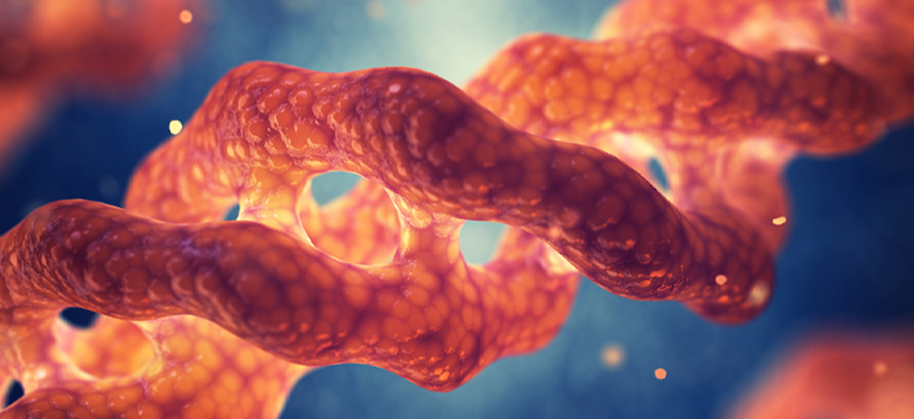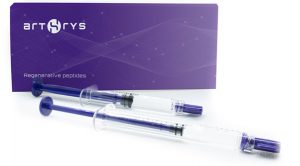
The value of collagen and the innovation of peptides

Carried out by Ferdinand Magellan in 1520, the first circumnavigation of the globe ended with the dramatic loss of almost the entire crew due to scurvy. This disease presents catastrophic symptoms such as small and numerous bleedings caused by the fragility of blood vessels, failure to heal wounds, teeth loss, widespread pain, respiratory failure, and cardiac arrest. The cause was found in the food: vitamin C was not present at all in the supplied carried onboard. This micronutrient, found in citrus fruit, fresh fruit, pepper, tomatoes, potatoes, and broccoli, can only be assimilated through the diet. It is essential for the amino acid proline’s hydroxylation, which is a fundamental process for the synthesis of collagen. Without this reaction the degeneration of collagen triggers scurvy, a disease that did not only affect pirates and explorers in the past but also represents a risk for some populations today.
Collagen is the main protein of all connective tissues. It is an elastic protein with a supporting function, formed by three polypeptide chains wrapped together. This particular structure can create more excellent resistance to tension than a steel wire of equal diameter. The chains are made of a repeated tri-peptide unit, glycine-X-Y, where generally X is a proline (Pro) and Y a hydroxyproline (4-Hyp). Glycine is needed to tighten the collagen chains, while Pro and 4-Hyp are responsible for the chains’ coiling (the importance of vitamin C hides here). Although evolution has developed such sophisticated resistance, collagen is not free from specific degradation processes, such as trauma, oxidative stress, and inflammation. The release of peptides from the collagen chain triggers new collagen synthesis and reshapes the extracellular matrix of connective tissues. Exploiting this mechanism, even the exogenous administration of peptides provides the essential elements for the protein’s reconstitution, activating the biosynthesis processes and negatively regulating the degradation processes. Food supplementation of collagen peptides follows just this philosophy. Still, the effects are minor and require high amounts of peptides for prolonged periods due to their dispersion in all tissues and not only in the target areas.

Recently, we announced the arrival of the Arthrys, a medical device based on a ready-to-use injectable solution of hydrolyzed collagen peptides, further enriched with vitamin C and magnesium to protect peptides from oxidation. Tiss’You has developed Arthrys as a comfortable injection to immediately drive these peptides where needed. This device can be used in any medical practice to treat small and large joints, tendons, muscles, and ligaments. The high concentration of peptides allows strengthening tissues’ collagen structure, stimulating their synthesis and preventing their degradation through a pro-regenerative activity. Besides, treatment with peptides counteracts pain and inflammation and improves joint function.
Arthrys is an easy infiltration that lasts a few seconds and can be performed by your physician. It can be used alone or in combination with other treatments. It is also indicated to improve the surgical course following surgery, reducing post-operative pain, and accelerating functional recovery.


